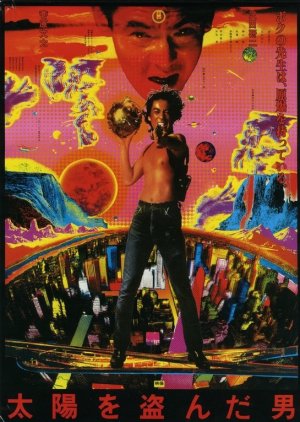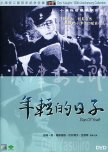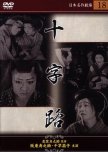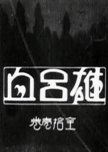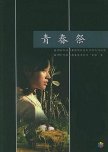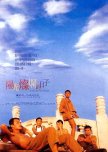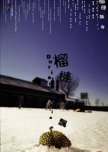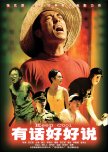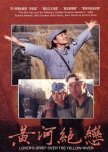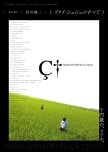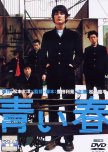
A perfect companion to Oppenheimer
The Man Who Stole the Sun treads the finest of lines in trying to balance its subject matter and tone, but Kazuhiko Hasegawa's controversial movie about nuclear terrorism is a darkly comedic and thrilling satire on a subject once considered unsatiriseable annihilating any form of genre borders in the process. Holding particular resonance for Japanese audiences, as while the country does use nuclear power, it has long held against amassing a nuclear arsenal due to the devastating effects that ended World War II. The movie doesn't stop dead for any form of long-winded nationalistic or philosophical speeches and instead insists on a conceivable reality with seemingly no motivation.One of only two movies directed by Kazuhiko Hasegawa, which in turn feels like a crime in itself, Hasegawa rewards the viewer with some utterly sublime direction and excellent framing, with plenty of thrilling action set pieces to command his viewer's attention at all times (the car chase feels like it was ripped right out of a Ringo Lam movie). It balances the unorthodox nature and tone of the movie exceptionally well, juxtaposing the shifts with unnatural ease. Complimented by funky and often ill-fitting music by Takayuki Inoue to glorious success.
The performances are all excellent, with Kenji Sawada playing the everyman gone rogue with an endless amount of animosity slowly succumbing to the effects of radiation poisoning making him more and more unpredictable as the movie goes on. But it's the award-winning performance from the stoic and hardened Bunta Sugawara that really captivates me as he normally does in his roles, single-minded and exceptionally driven.
Overall, The Man Who Stole the Sun, even at two and a half hours long, never feels overly long or bloated. The film absolutely refuses to limit itself, and that's why it's so entertaining and impressive.
Was this review helpful to you?

